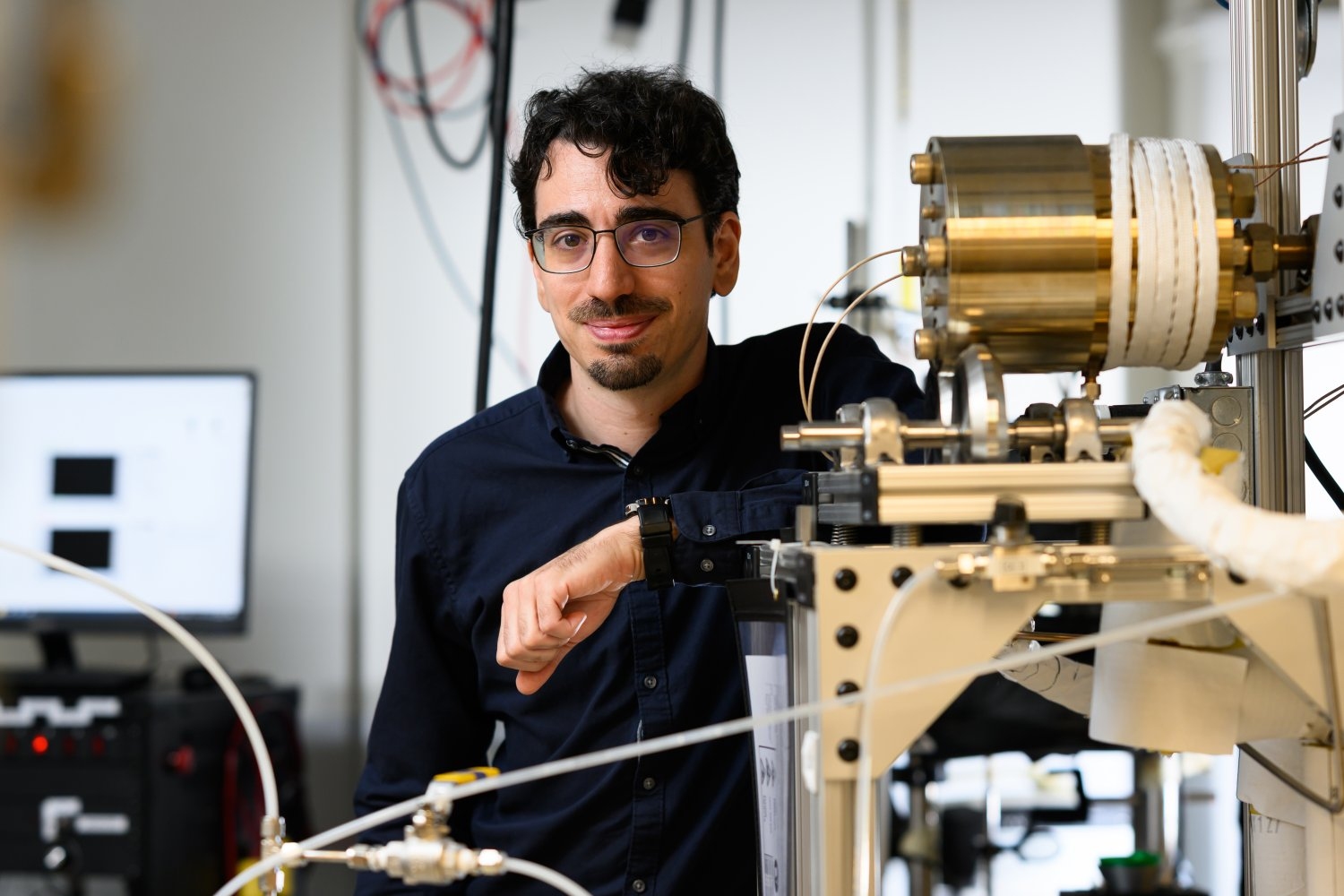 Using classic physical phenomena to solve new problemsMarco Graffiedi, a doctoral student in nuclear science and engineering, is researching quenching processes to help cool nuclear cores, and NASA craft the next generation of space vehicles.
Using classic physical phenomena to solve new problemsMarco Graffiedi, a doctoral student in nuclear science and engineering, is researching quenching processes to help cool nuclear cores, and NASA craft the next generation of space vehicles.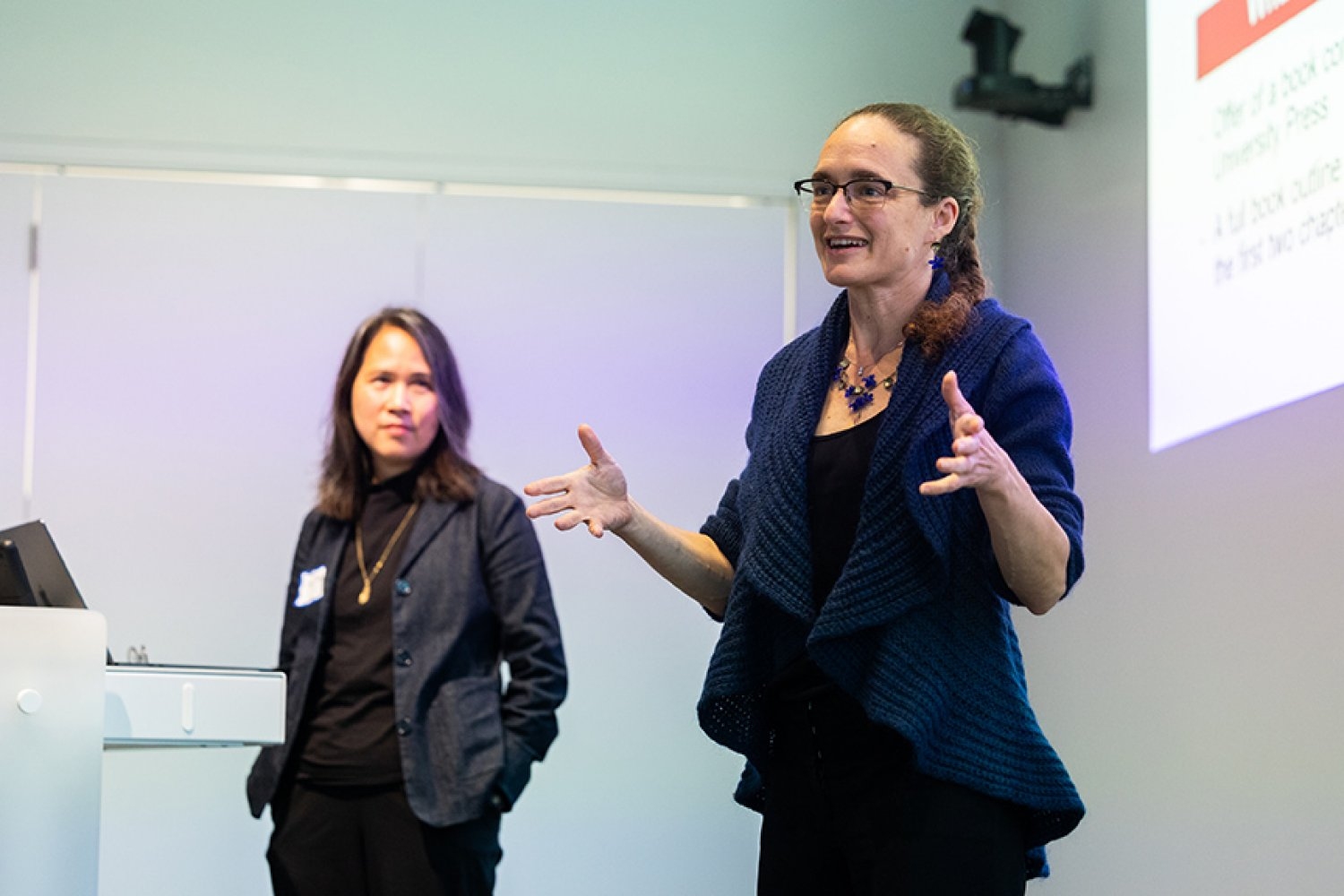 Q&A: How MITHIC is fostering a culture of collaboration at MITA presidential initiative, the MIT Human Insight Collaborative is supporting new interdisciplinary initiatives and projects across the Institute.
Q&A: How MITHIC is fostering a culture of collaboration at MITA presidential initiative, the MIT Human Insight Collaborative is supporting new interdisciplinary initiatives and projects across the Institute.
- Burning things to make thingsSili Deng, the Doherty Chair in Ocean Utilization and associate professor of mechanical engineering at MIT, is driving research into sustainable and efficient combustion technologies.
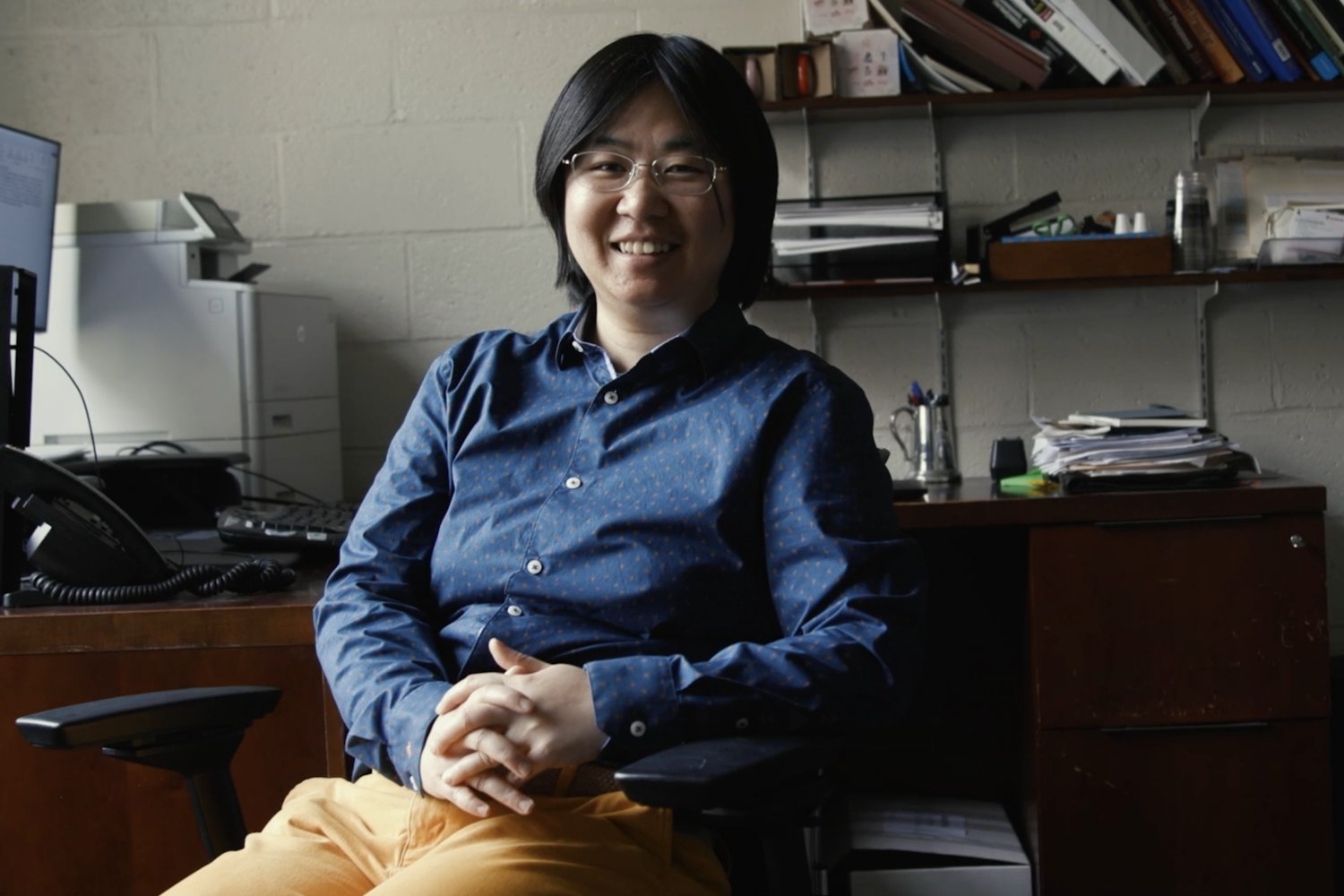
- New method could improve manufacturing of gene-therapy drugsSelective crystallization can greatly improve the purity, selectivity, and active yield of viral vector-based gene therapy drugs, MIT study finds.
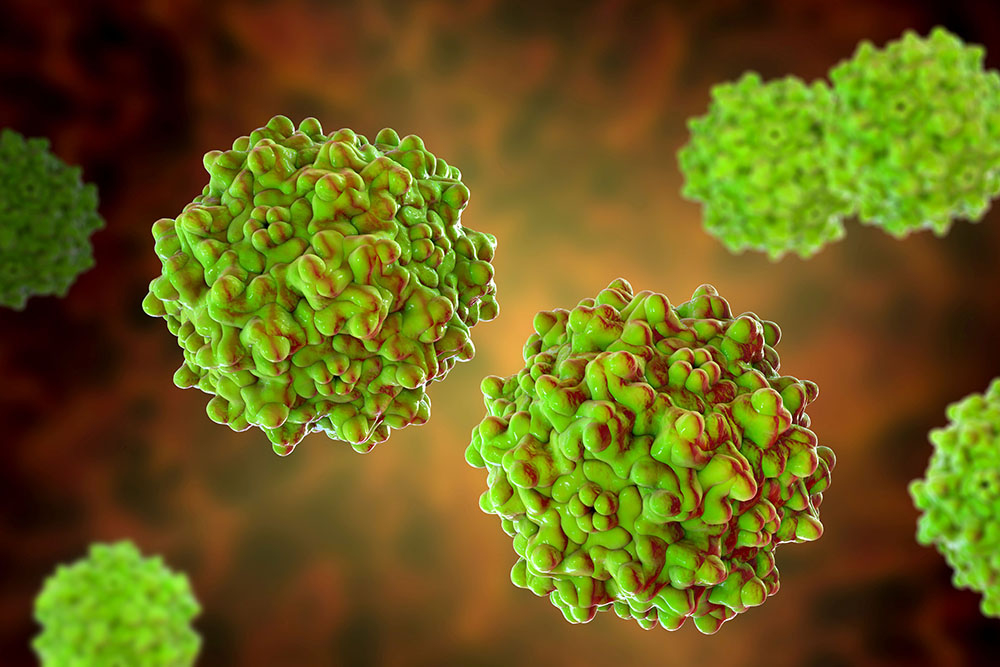
- The joy of life (sciences)Mary Gallagher’s deeply rooted MIT experience and love of all life supports growth at the MIT Department of Biology.
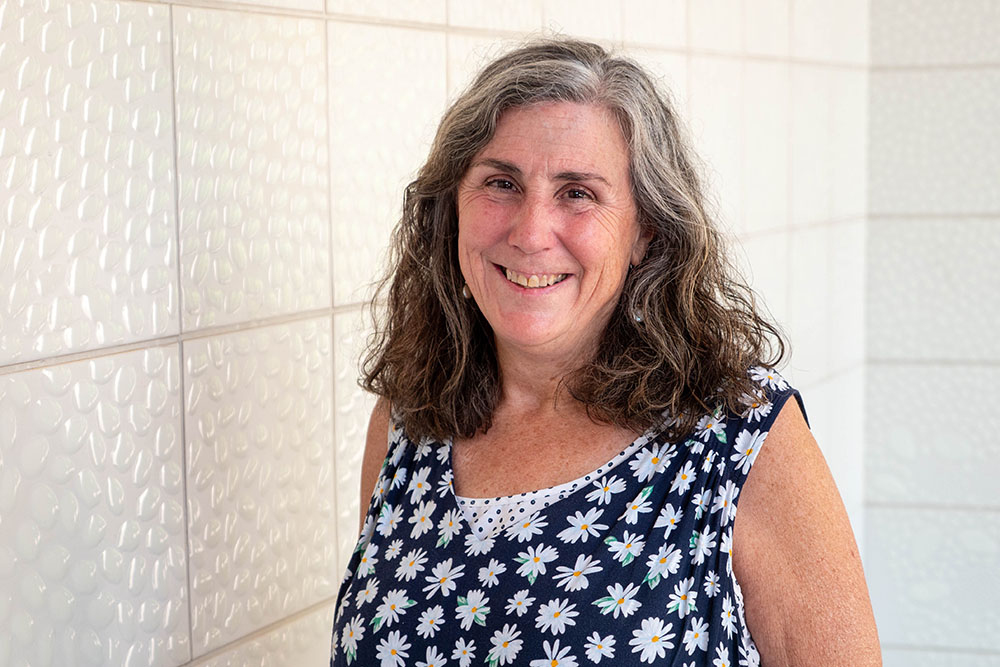
- Designing better, longer-lasting medicinesAdding amino acids to certain protein-based medications can improve stability and effectiveness. New MIT research demonstrates how it works.
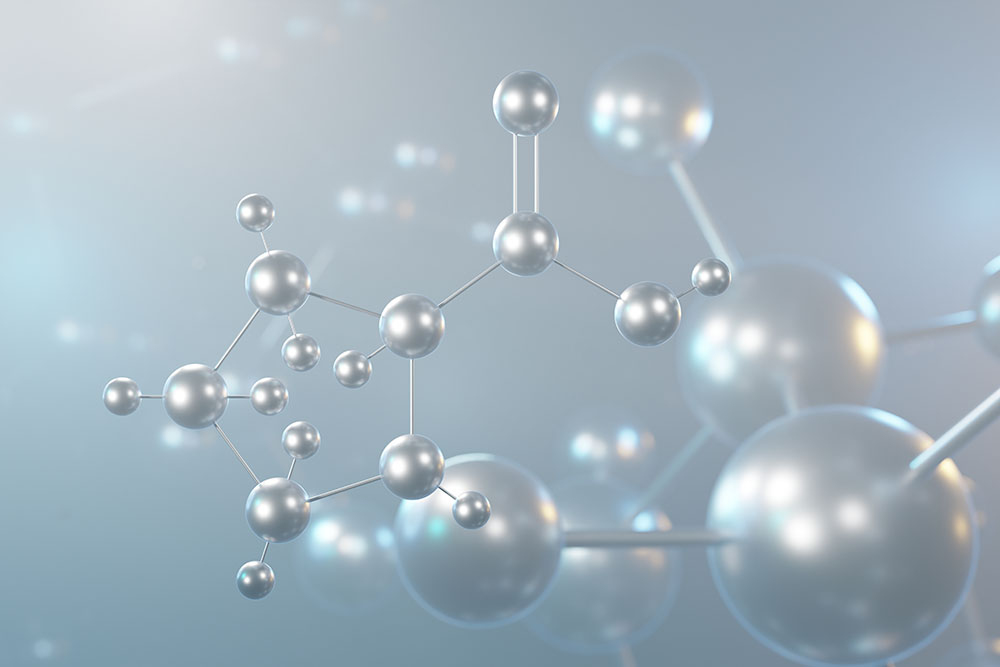
- Astronomical data collection of Taurus Molecular Cloud-1 reveals over 100 different moleculesThe discovery will help researchers understand how chemicals form and change before stars and planets are born.
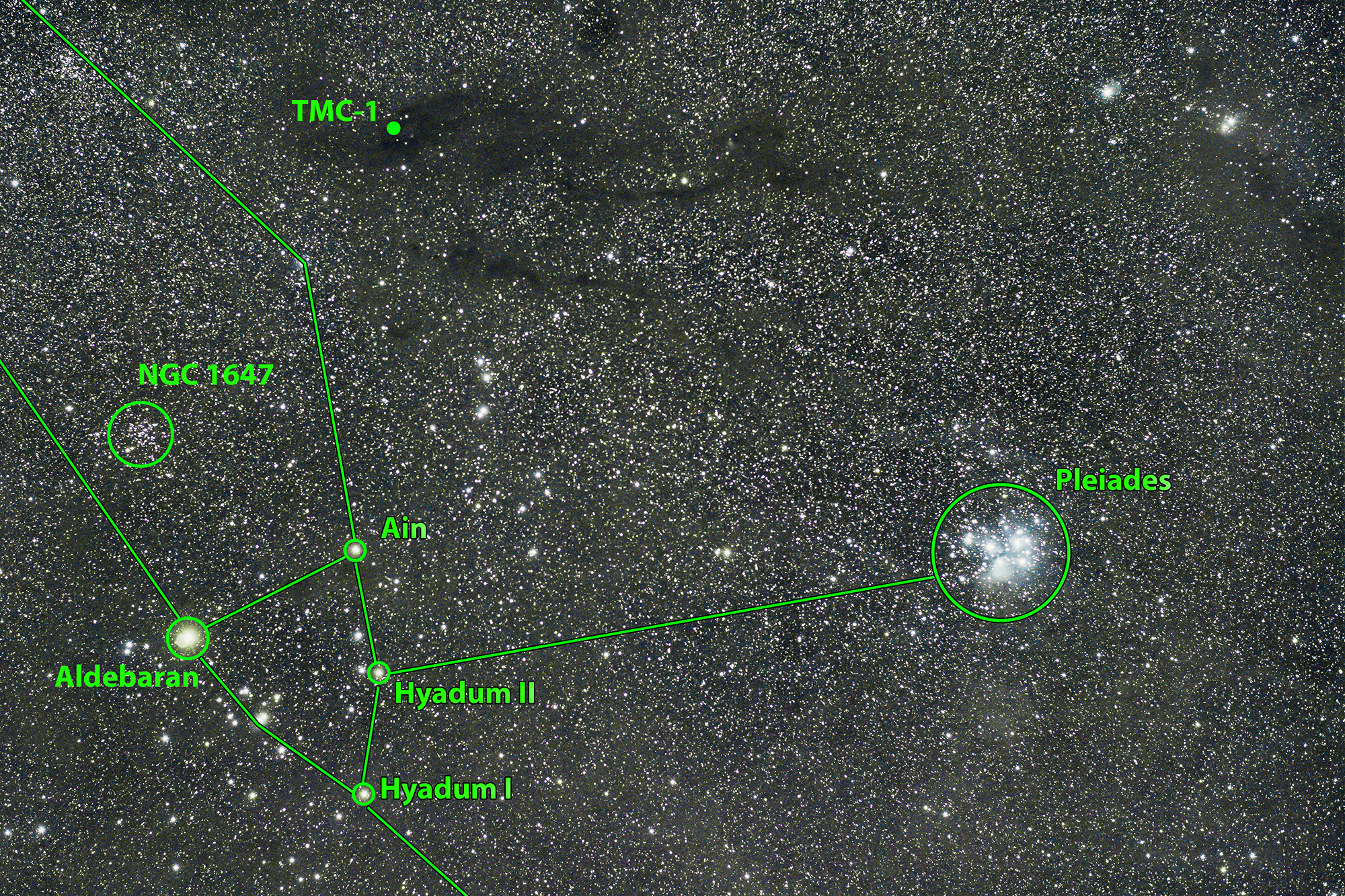
- MIT students thrive in internships in the Arab WorldThe MISTI Arab World program offers MIT students invaluable work and life experiences in a dynamic region.
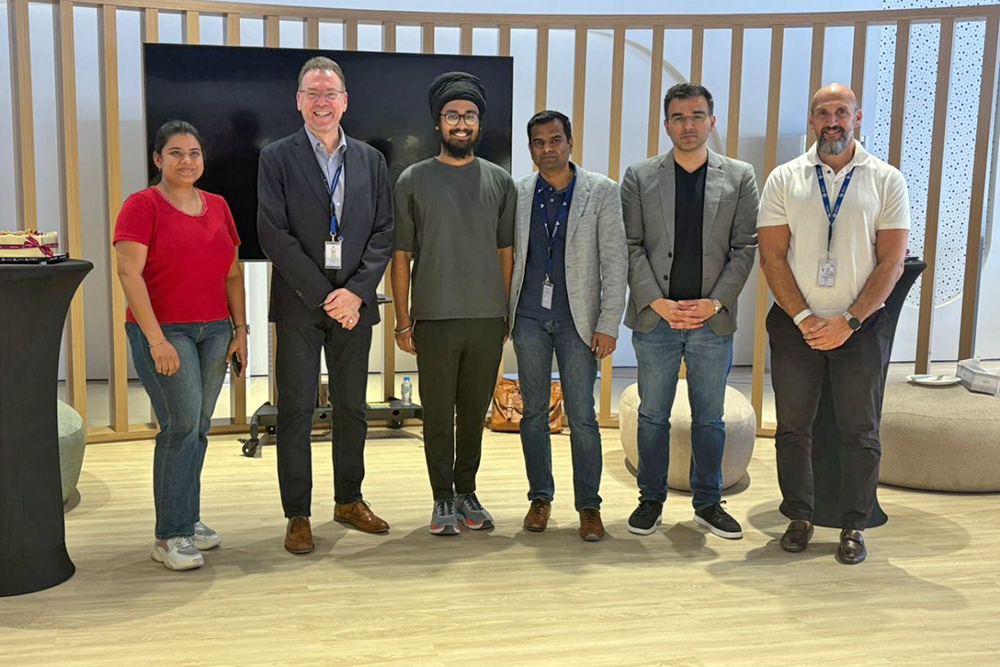
- MIT students stretch minds and bodiesExercise is Medicine class integrates physical activity and academics.

- Support with purpose, driven by empathyProfessors Michael McDonald and Kristala Prather are honored as “Committed to Caring.”
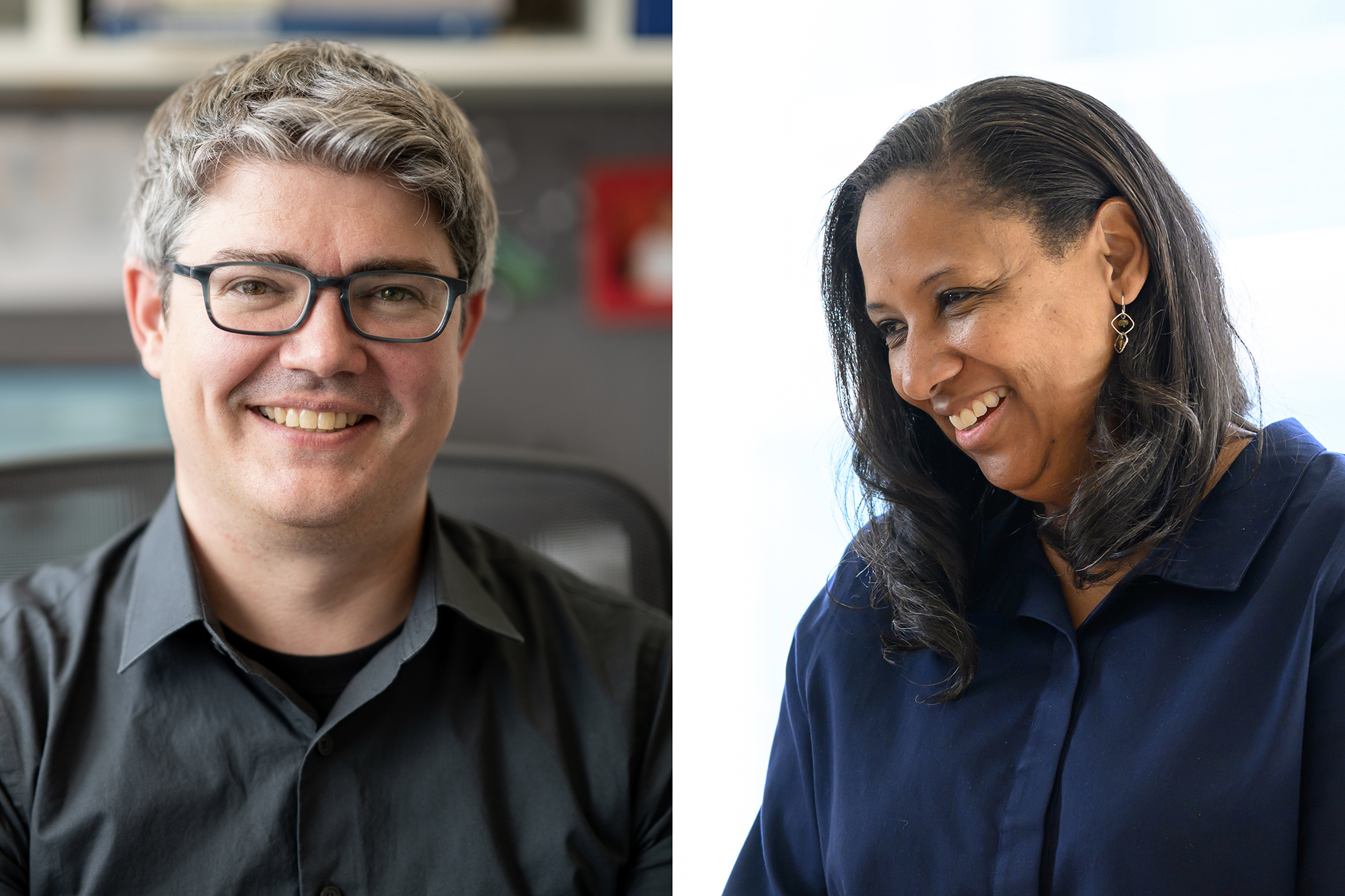
- Professor Ioannis Yannas, pioneer of regenerative medicine who invented artificial skin for the treatment of severe burns, dies at 90A beloved member of the Department of Mechanical Engineering for nearly 60 years, Yannas helped save the lives of thousands of burn victims through his research and innovation.
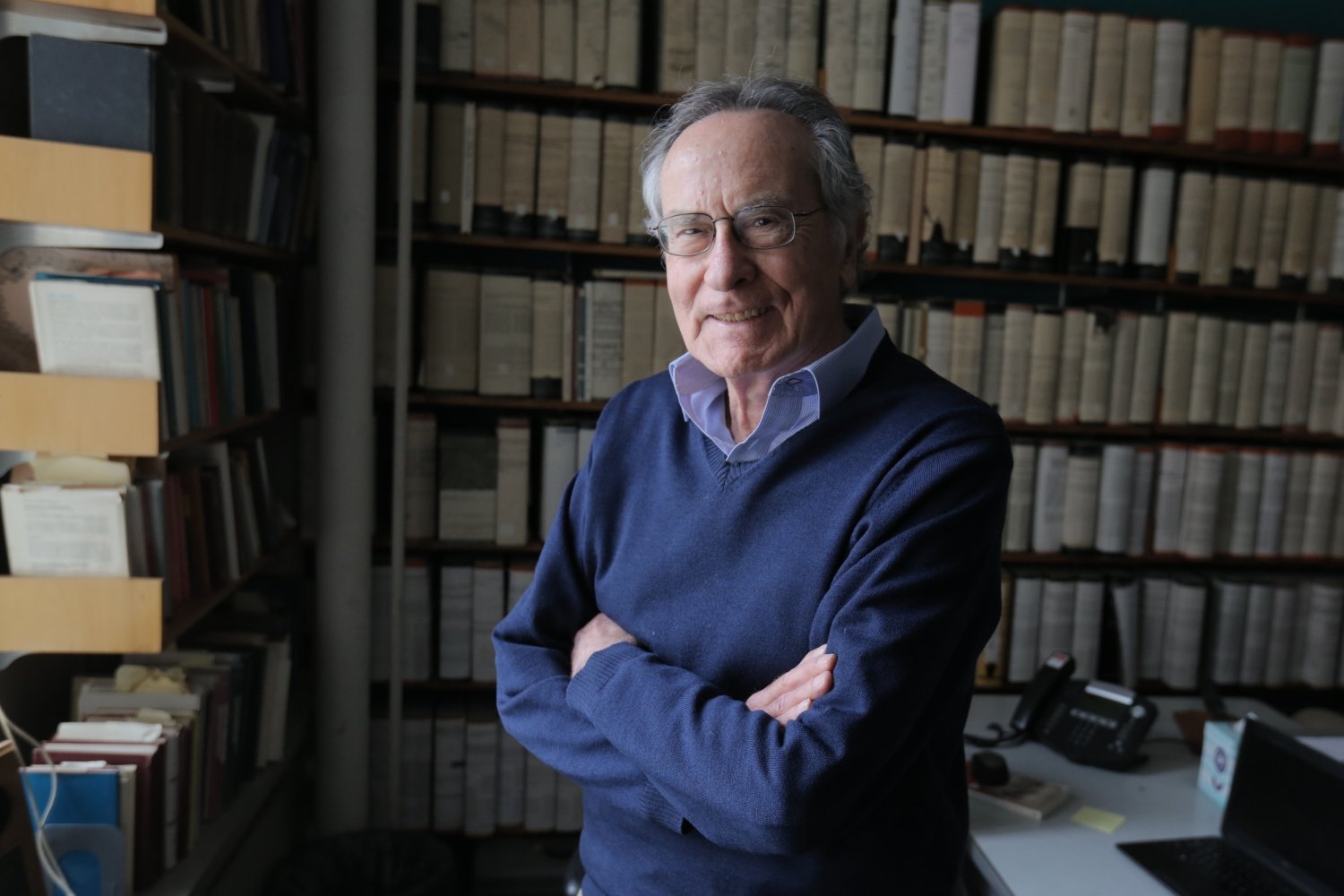
- The brain power behind sustainable AIPhD student Miranda Schwacke explores how computing inspired by the human brain can fuel energy-efficient artificial intelligence.
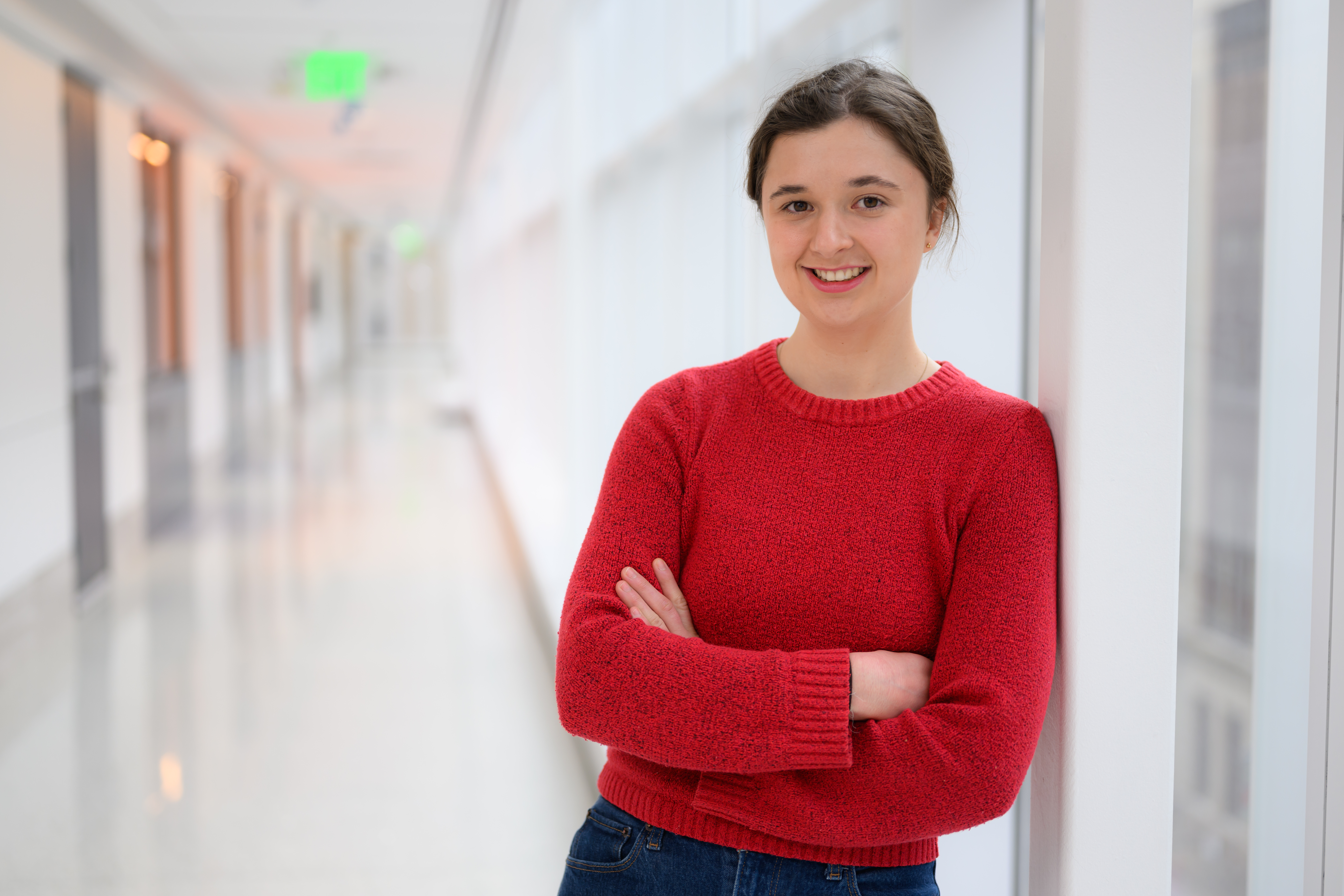
- At MIT, a day of hands-on, kid-friendly learningOrganized by the MIT Museum, the 2025 Cambridge Science Carnival included activities with air cannons, sea bots, and electron microscopes.
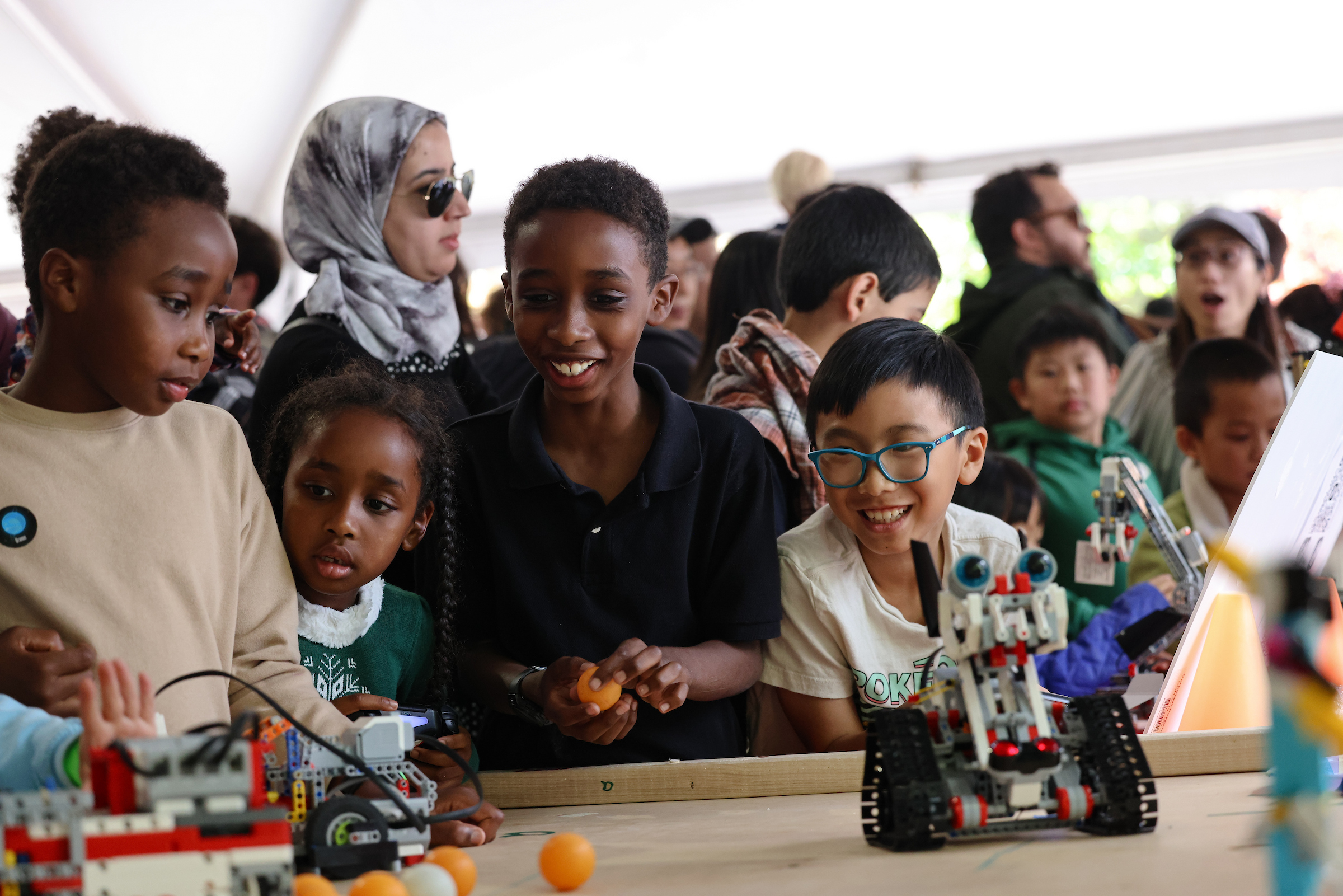
- Five with MIT ties elected to National Academy of Medicine for 2025Professors Facundo Batista and Dina Katabi, along with three additional MIT alumni, are honored for their outstanding professional achievement and commitment to service.
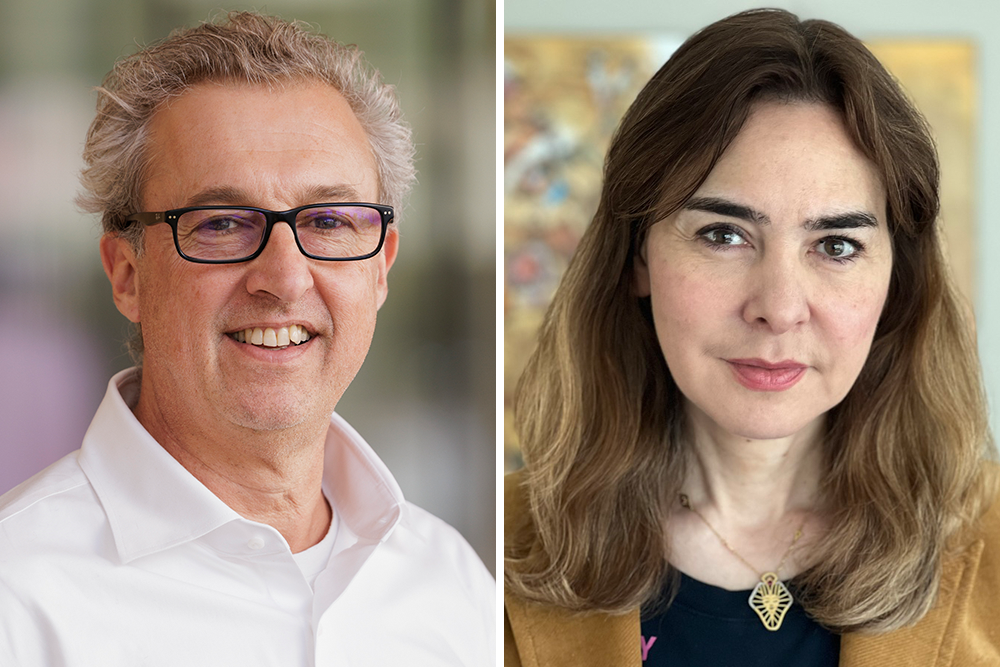
- Neural activity helps circuit connections mature into optimal signal transmittersScientists identified how circuit connections in fruit flies tune to the right size and degree of signal transmission capability. Understanding this could lead to a way to tweak abnormal signal transmission in certain disorders.
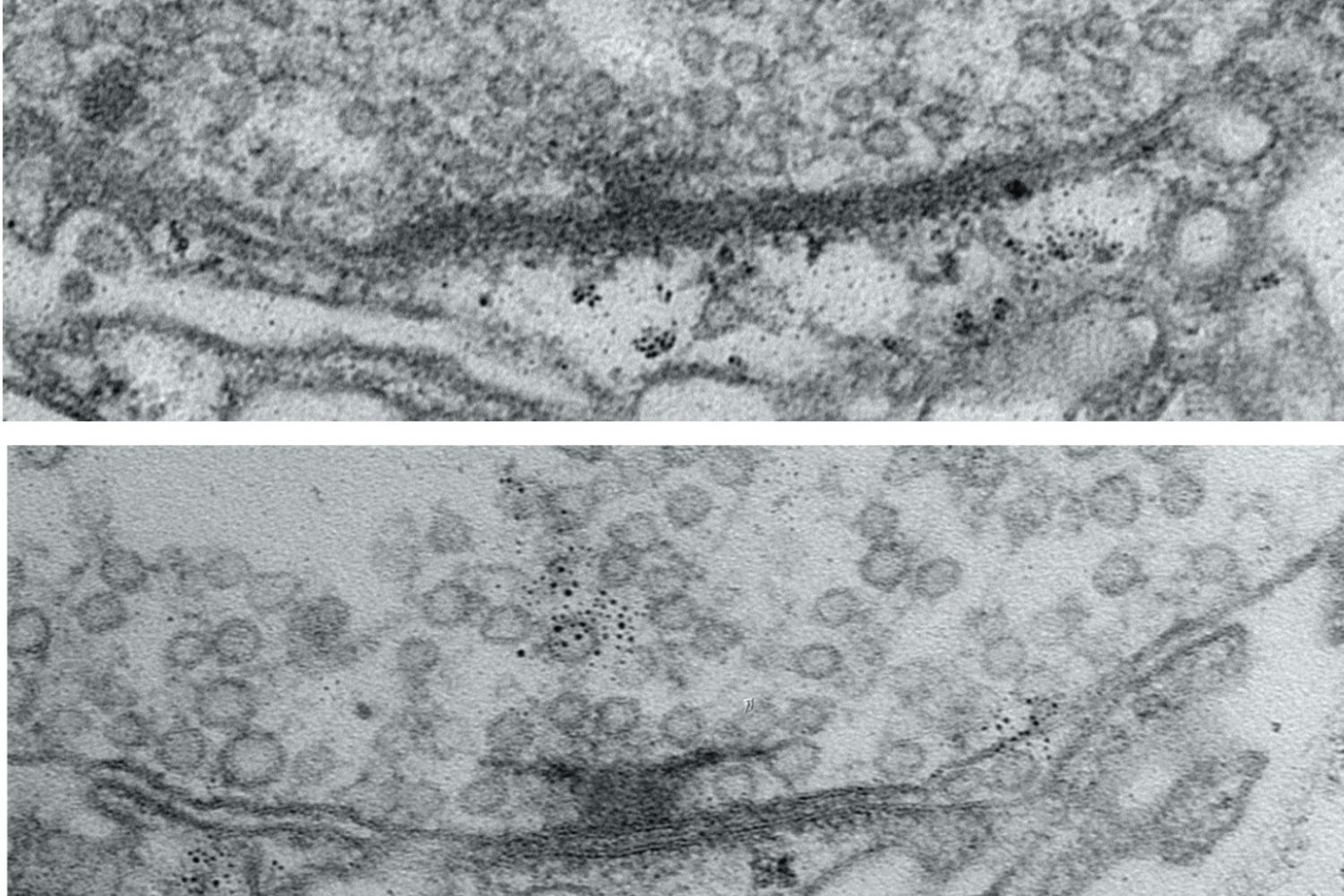
- Creating AI that mattersHow the MIT-IBM Watson AI Lab is shaping AI-sociotechnical systems for the future.

- Over 1,000 MIT students inspired to work toward climate solutionsIncoming students tested the climate simulation tool En-ROADS with the goal of creating “a healthier, safer, more prosperous, and more sustainable world.”
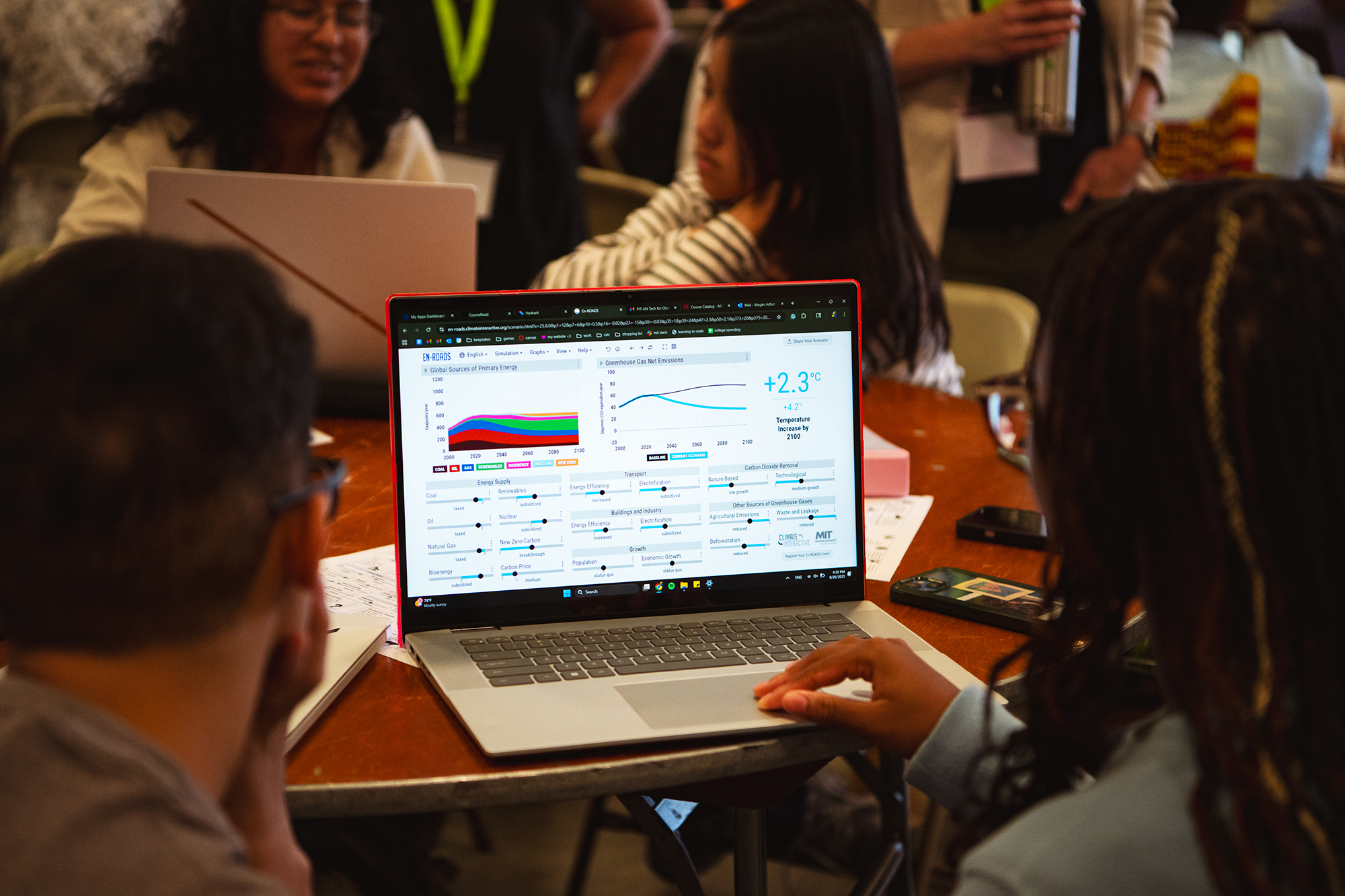
- A new advising neighborhood takes shape along the Infinite CorridorThe Undergraduate Advising Center’s new home in Building 11 creates a bright, welcoming, and functional destination for MIT undergraduate students.
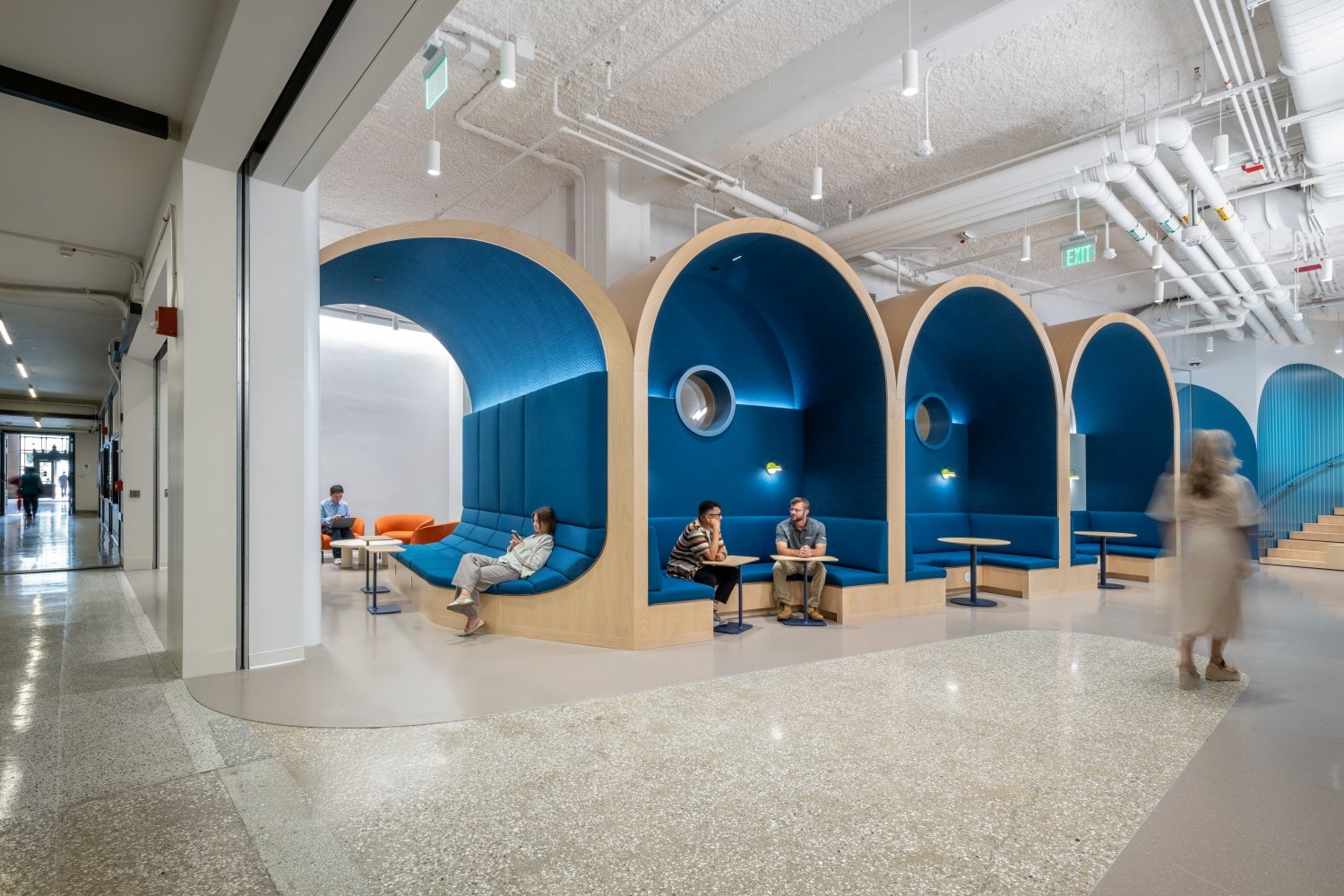
- MIT Maritime Consortium releases “Nuclear Ship Safety Handbook”First-of-its-kind handbook serves as a guide for design safety for civilian nuclear ships.
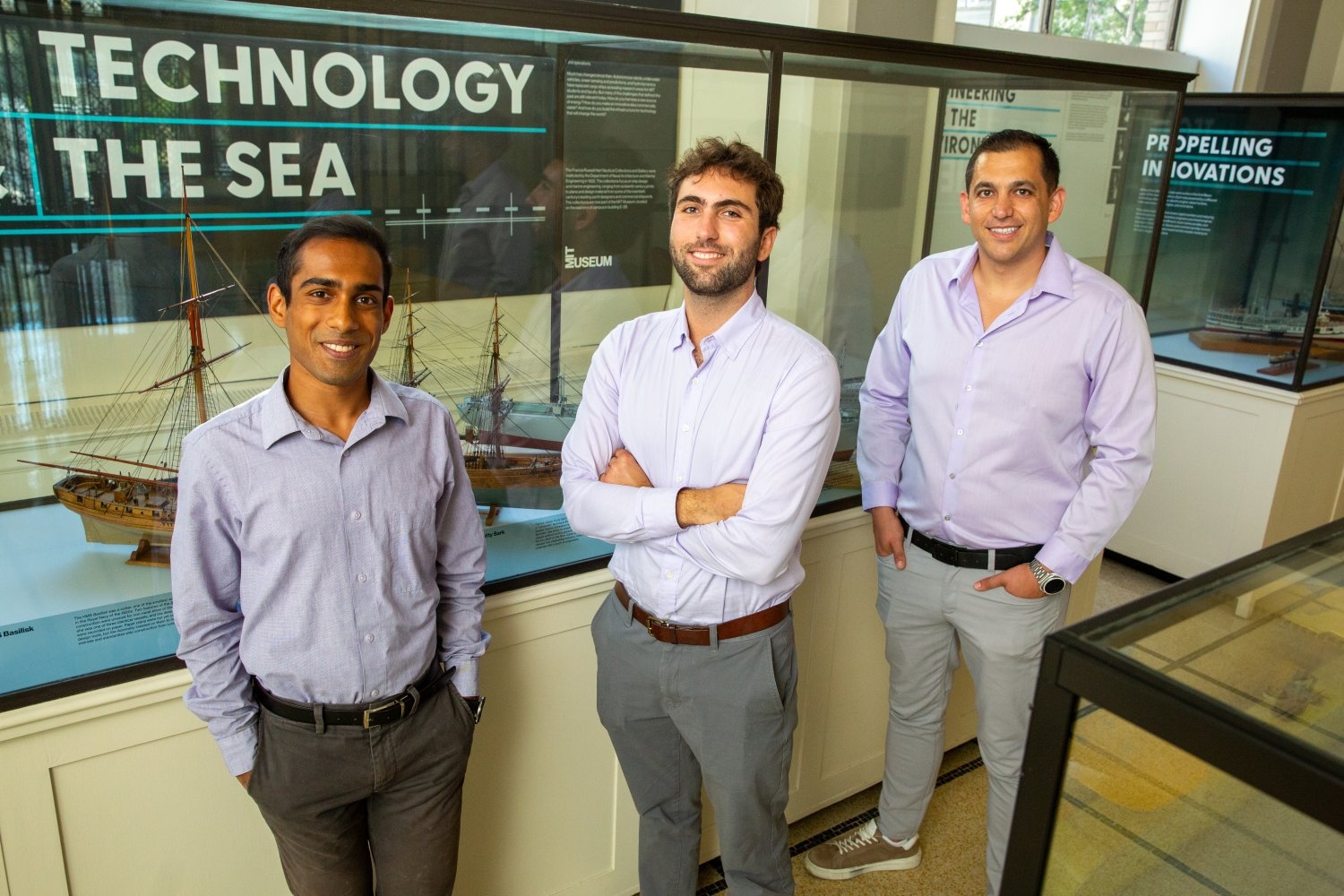
- Solar energy startup Active Surfaces wins inaugural PITCH.nano competitionTwelve START.nano companies competed for the grand prize of nanoBucks to be used at MIT.nano’s facilities.
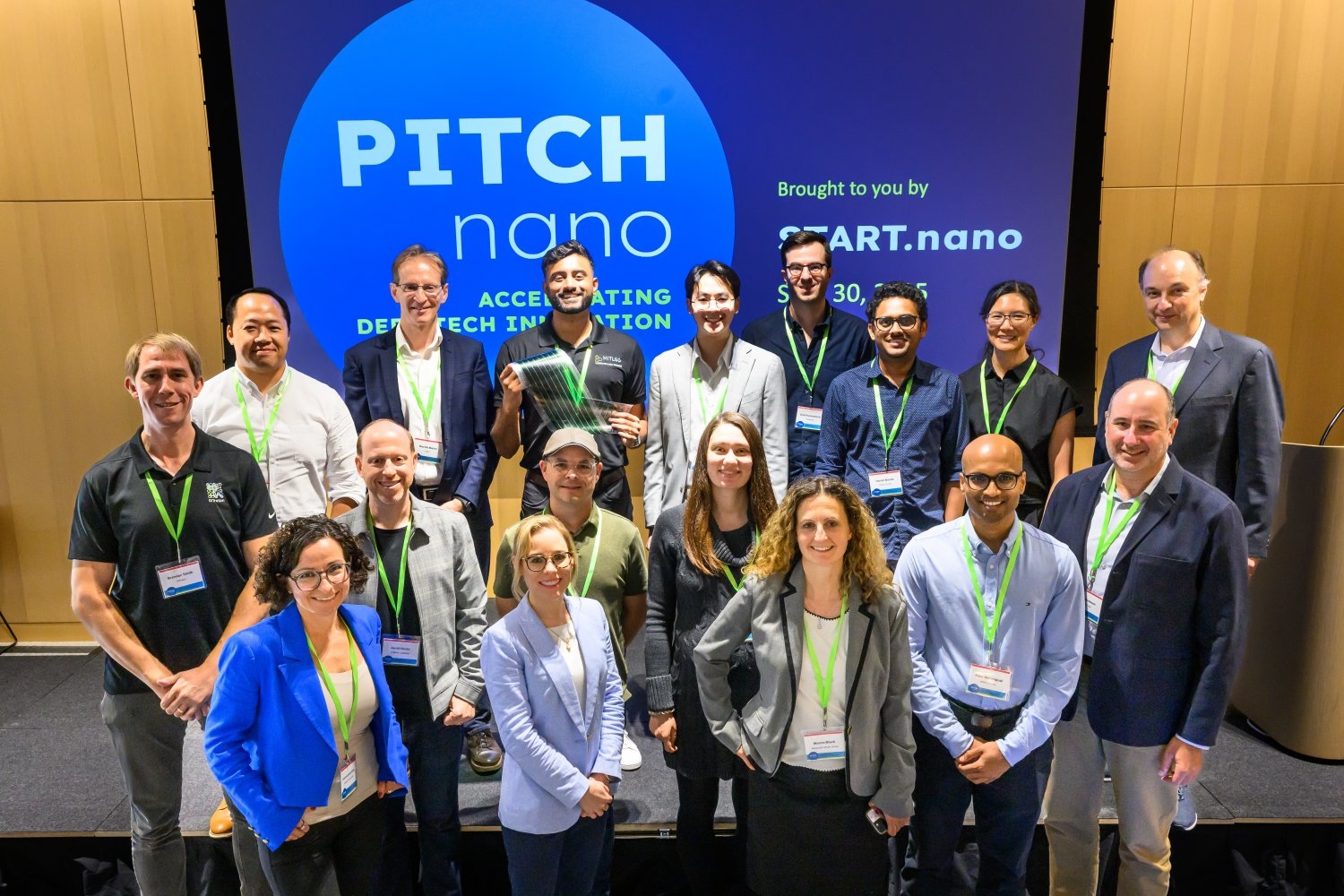
- MIT Global Seed Funds catalyze research in over 20 countriesLaunched in 2008, the program has expanded exponentially and spent $30 million on high-impact research.
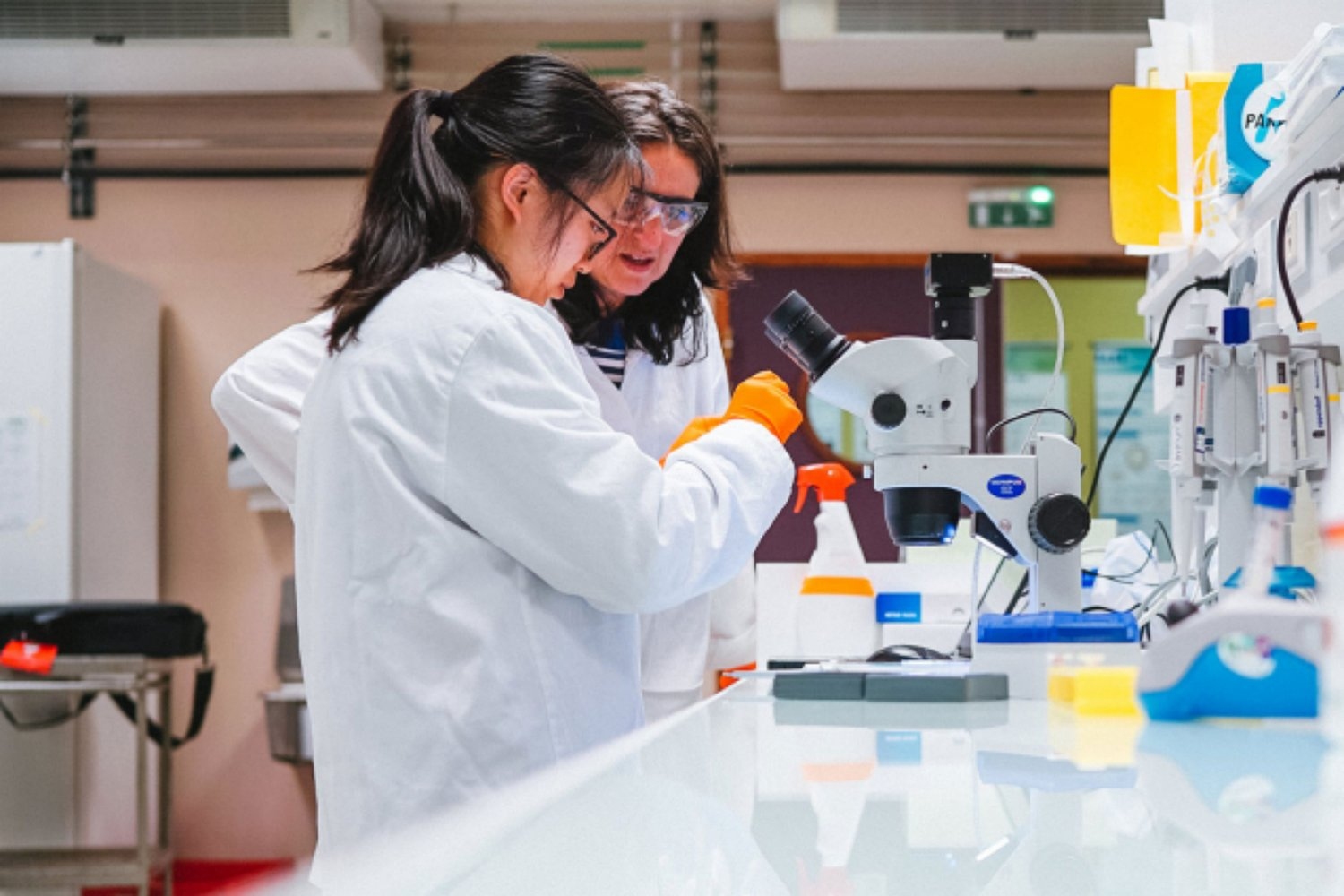
- Alan Whitney, MIT Haystack Observatory radio astronomer who pioneered very long baseline interferometry, dies at 81Longtime research scientist who served as associate director and interim director helped guide Haystack to decades of influential leadership in the development and refinement of the VLBI technique.
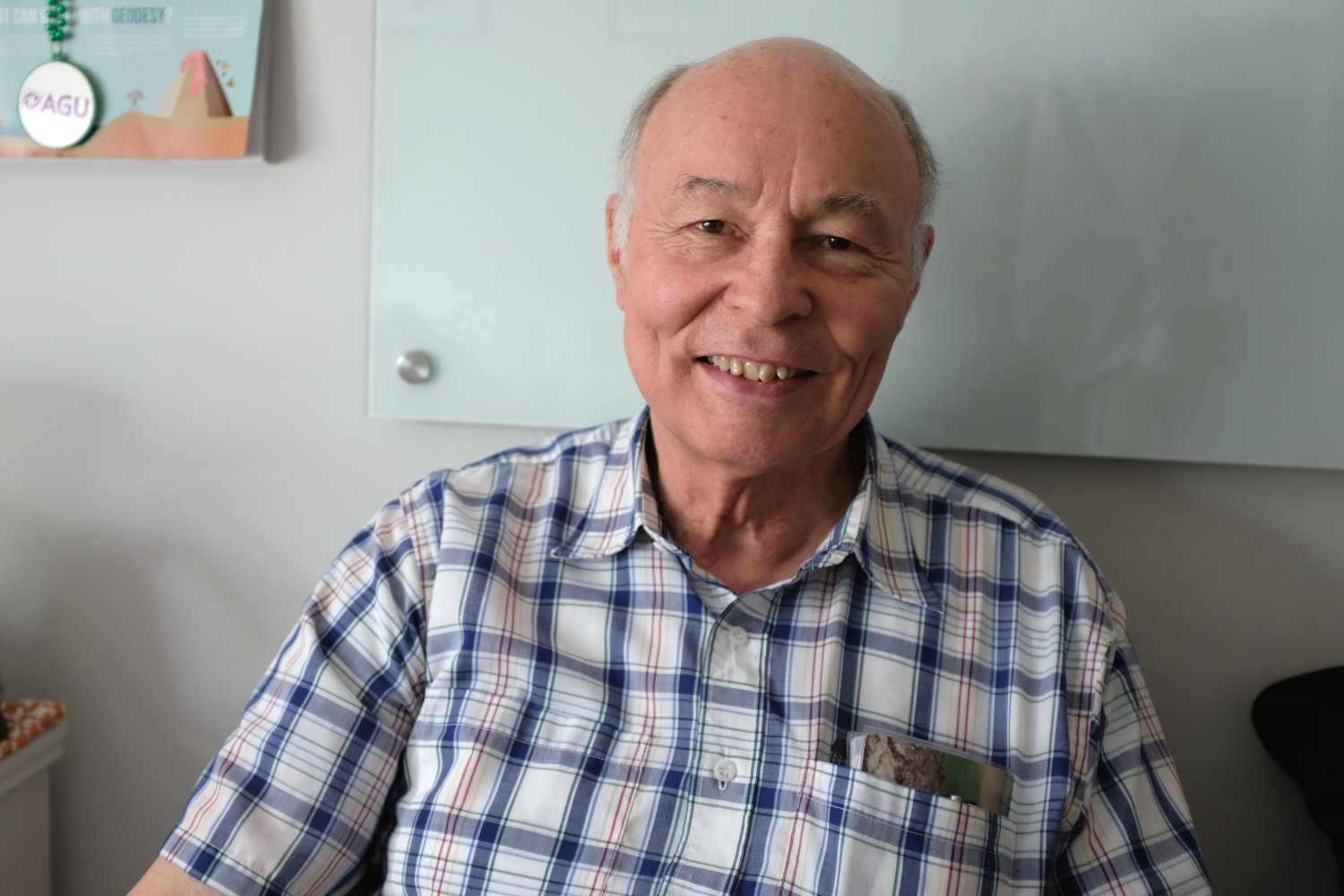
Load more...
Loading...


